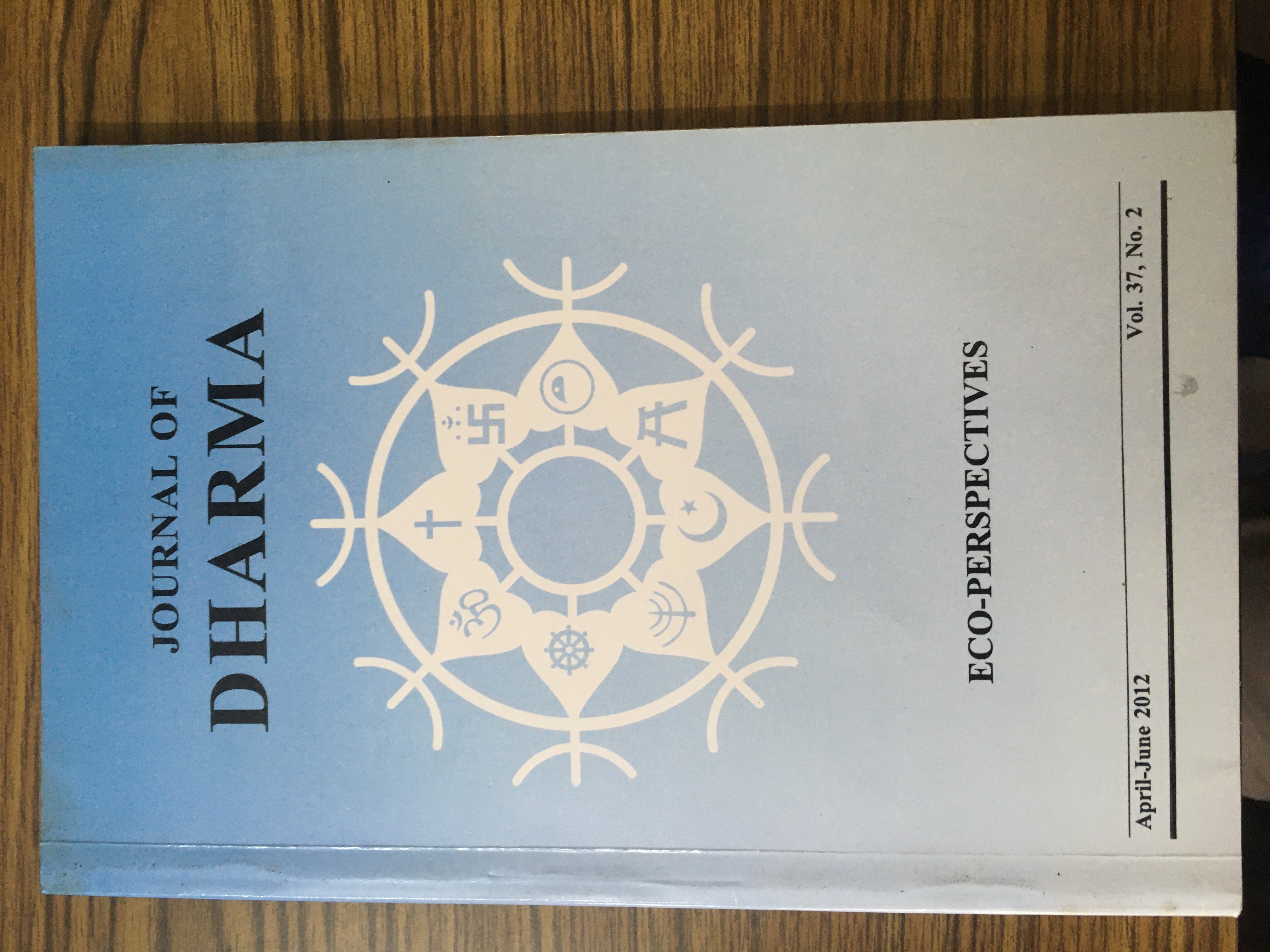THE ONE, THE OTHER AND THE WHOLE: Socio-Eco-Theology according to Leonardo Boff
Keywords:
Brazil and Outlines of Eco-Theology, The Human as a Transcendent Species, Liberation Process, Eco-Theology a New Branch to Liberation Theology, Socio-Eco-Theology or Social Ecological Theology, An “Inconclusive Conclusion”Abstract
During the last fifty years, Latin America saw the appearance of several keen-minded theologians, who developed a new kind of thought named and known after “liberation theology.” It is a kind of thought that roots itself in the social matrices and is self-proclaimed “contextualised theology,” meaning that it is a theology that is rooted in the social environment where it takes place. Nevertheless, the society in Latin America has changed a lot in the past thirty years, especially in Brazil, coming from a 50% to a 90% urban society. Consequently liberation theology should develop into thoughts and guidelines that could be applied to an urban society. This does not mean, of course, that the social problems of Brazil since its “discovery” by the Cabral’s Portuguese fleet leading to India have disappeared. The problem is that with the colonization came also the idea of private land, one that was not among the ancient Brazilian societies, many of them now disappeared.[1]
[1]There is a population of 817 thousand indigenous people in Brazil, distributed among 220 ethnic groups in 880 territories, speaking 180 different languages (not counting dialects). This is believed to be one fifth of the population that had existed when the Portuguese arrived. Many of them were killed in wars against Portuguese, Dutch or French colonisers and between themselves, involving the same colonisers. Many died due to unknown diseases. Some ethnic groups were also kept as slaves until the second half of nineteenth century. There are also about 82 uncontacted indigenous groups in Brazil, especially in Amazon Forest. See www.funai.org.br (FUNAI is the “National Foundation for Indians,” a government agency in Brazil. These numbers are based on 2010 census).
References
Boff Leonardo, Tempo de Transcendência, São Paulo: Sextante, 2000, 9-10.
Chardin Teilhard, Le Coeur de la Matière, Paris: Seuil, 1976, 60
Ferreira Silvana Maria, Agricultura familiar na Comissão Pastoral da Terra: Do sonho socialista ao paraíso ecológico, Juiz de Fora: Livraria Editora Notas e Letras, 2004.
Gregorii Palamae, Homilia XVI, PG 151, 201 D-204 B.
Jornal do Brasil, Caderno Dois, Descaso que mata, Rio de Janeiro, 11/04/2004.
L. Boff and Leloup Jean Yves, Terapeutas do Deserto, 6th ed., Petrópolis: Vozes, 2001, 45.
L. Boff, A Ética da Vida: a nova centralidade, Rio de Janeiro: Record, 2009, 38-40.
L. Boff, Jesus Cristo libertador, Petrópolis: Vozes, 1975.
Lynn White Jr., “The Historic Roots of Our Ecological Crisis” in Science 155(3767), Washington: AAAS, 1967, 1205-1206.
Mendonça Maria Luisa, Cana, Amazônia e Cerrado, São Paulo: CNBB, 2008, 17-18.
Rocha Pombo, Manuel Francisco, História do Brasil em 5 Volumes, vol. 3, Rio de Janeiro: Jackson Editor, 1947, 33-36.
Romano Roberto, A Igreja contra o Estado, São Paulo: Kairós, 1979.
Romano, A Igreja contra o Estado, 52.
Saraceni Rubens, Tratado Geral de Umbanda, São Paulo: Madras, 2009, 44.
Steil Carlos Aberto, “A Igreja dos Pobres: Da Secularização à Mística,” Religião e Sociedade nº 19/2, 1998, 62.
Susin Luiz Carlos, A criação de Deus, São Paulo: Paulinas, 2003, 23-25.
www.leonardoboff.com

